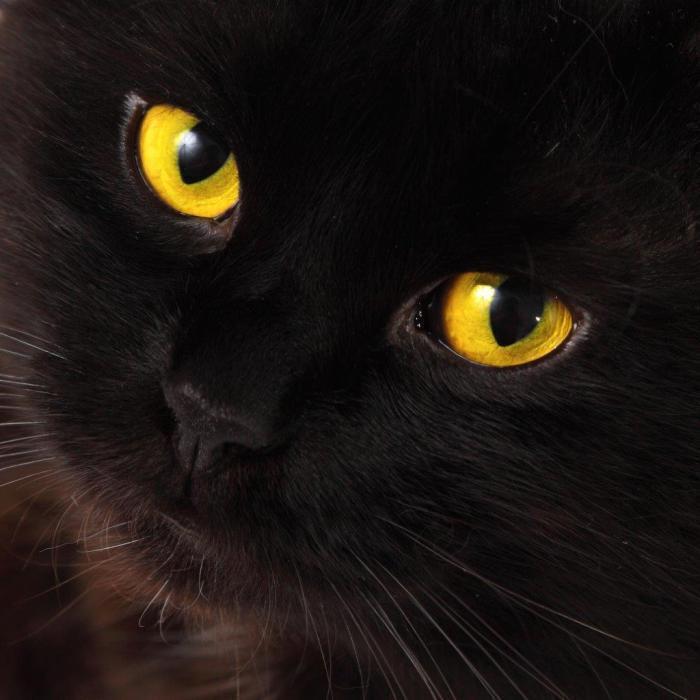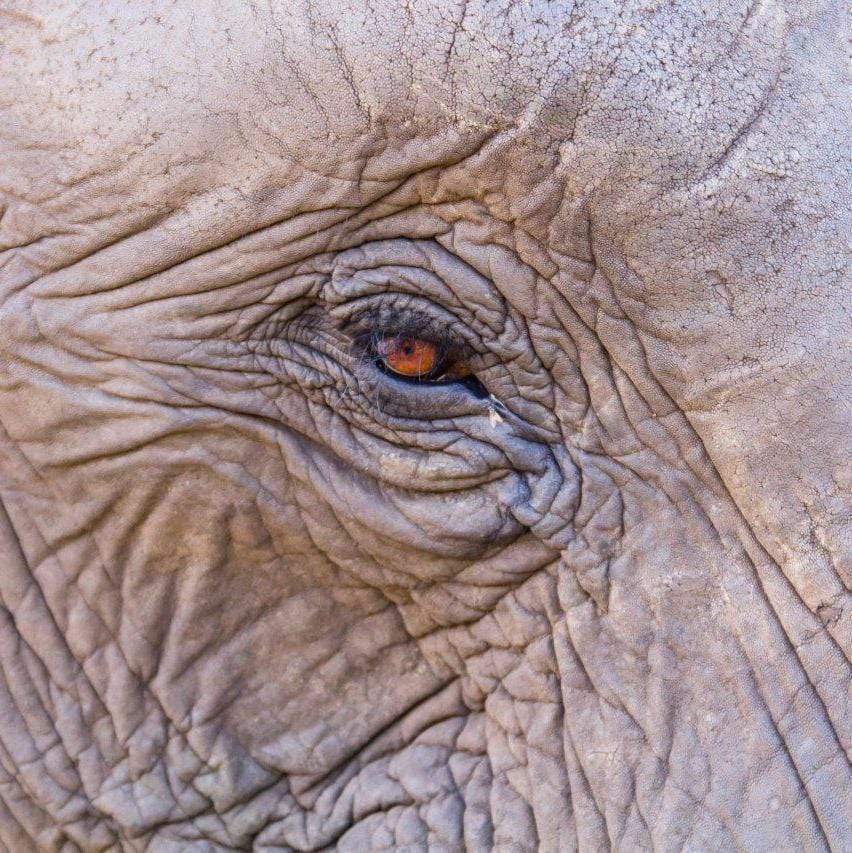Who doesn’t love to look at photos of cats? In order to capture great images of these furry feline friends, you do need a little skill and knowledge. Here’s a roundup of some incredible cat photos: you’ll see ten pictures of cats, along with ten photography tips to help you learn how to capture the best photos possible. Once you get some print-worthy photos, Posterjack can help you turn them into art!
1. Fill Your Frame
Filling your frame with your subject will help eliminate any distracting backgrounds. You will also capture more detail and texture by doing this.
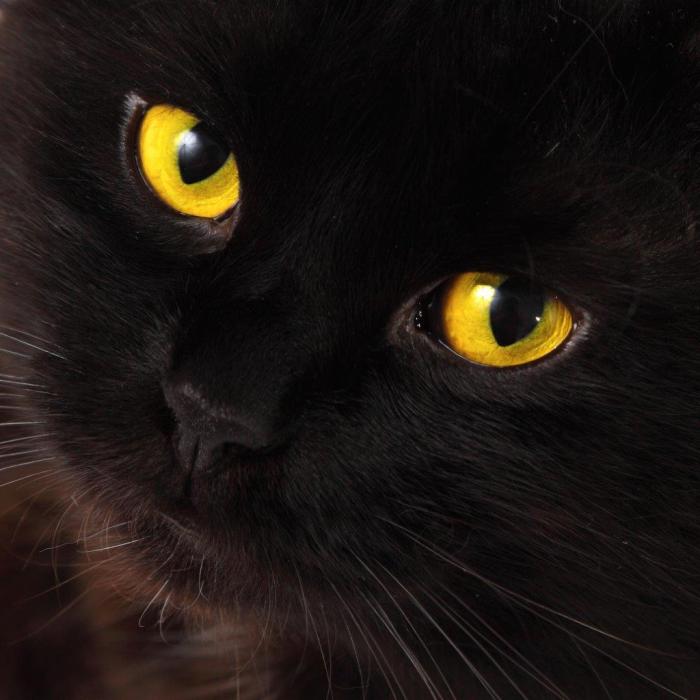
2. Shoot from different angles
By altering your position, your cat photos will have a whole new perspective.
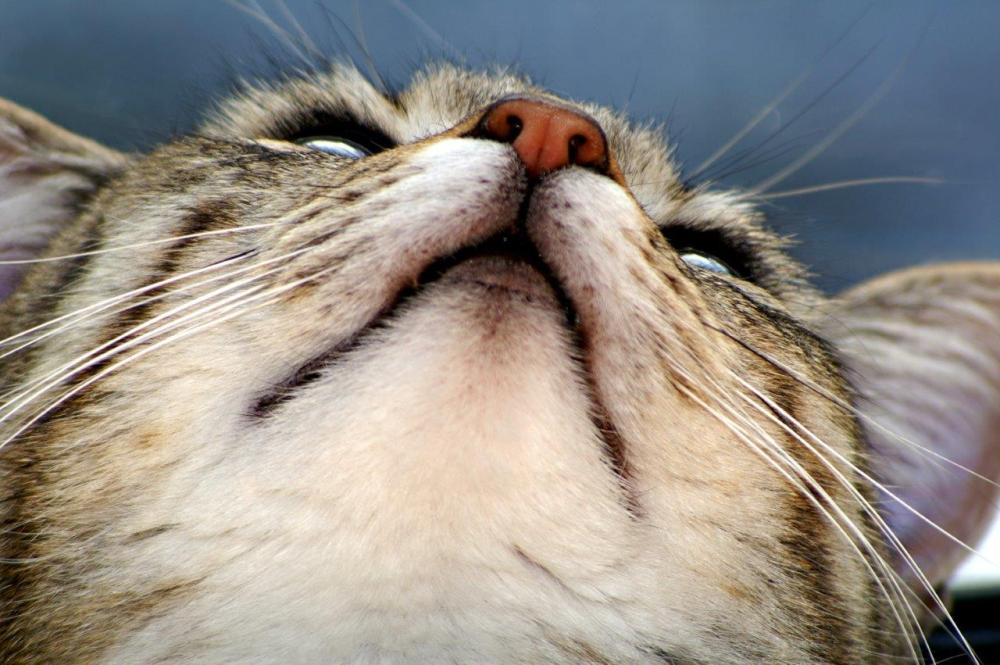
3. Capture more than a pretty face
From striking eyes to razor-sharp claws, cats have plenty of interesting photo-worthy parts to them. Rather than trying to photograph it all in one image, try zooming in to capture each quality on its own.
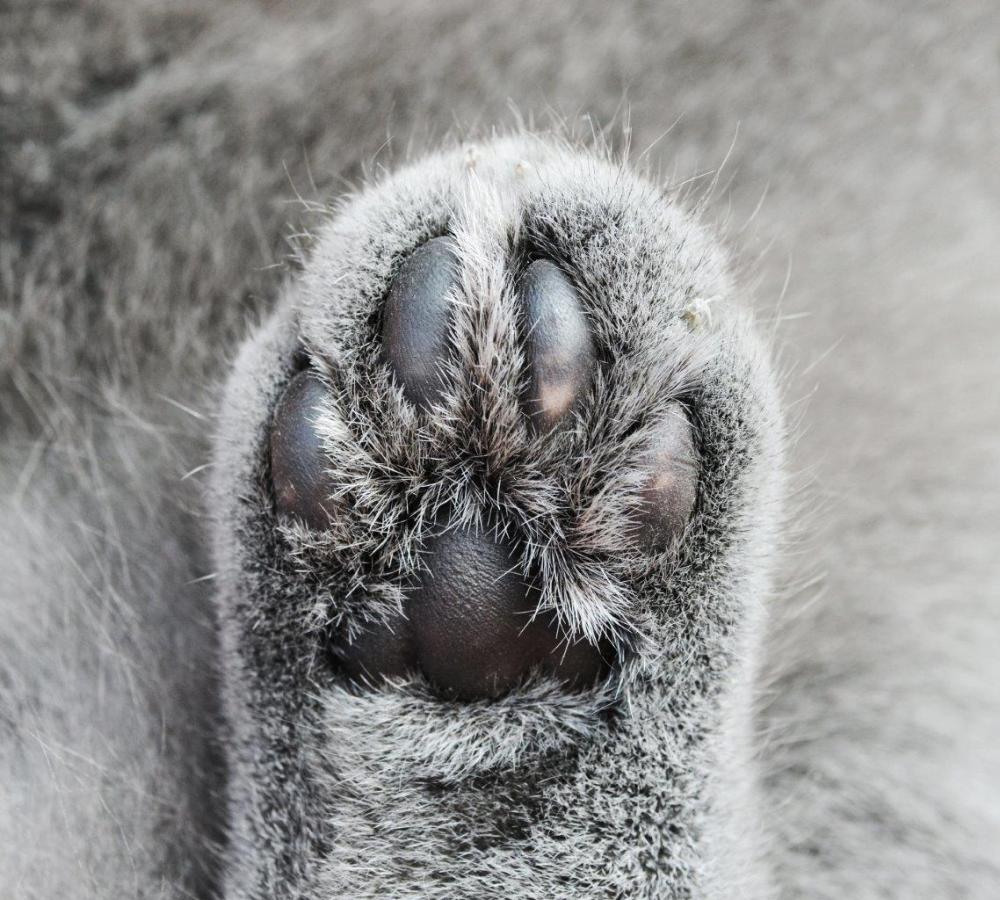
4. Include their personality
Any cat-person will agree: cats have larger-than-life personalities. Make sure to capture that personality by always having your camera at the ready. When your cat gets frisky or starts yawning, start shooting!
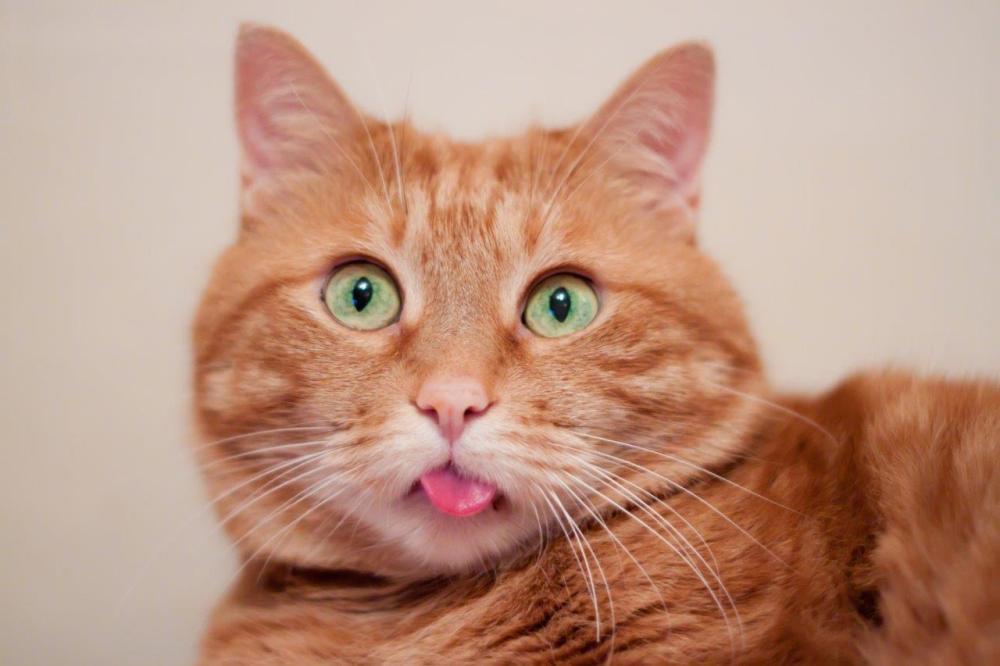
5. Get in on the action
Pictures of cats playing are always fun to look at. To help get clear shots, shoot with a fast shutter speed. Not comfortable adjusting your exposure settings? Most point-and-shoot cameras have a Sports mode or Action mode – typically indicated by a little running man – try photographing your fast feline using that.
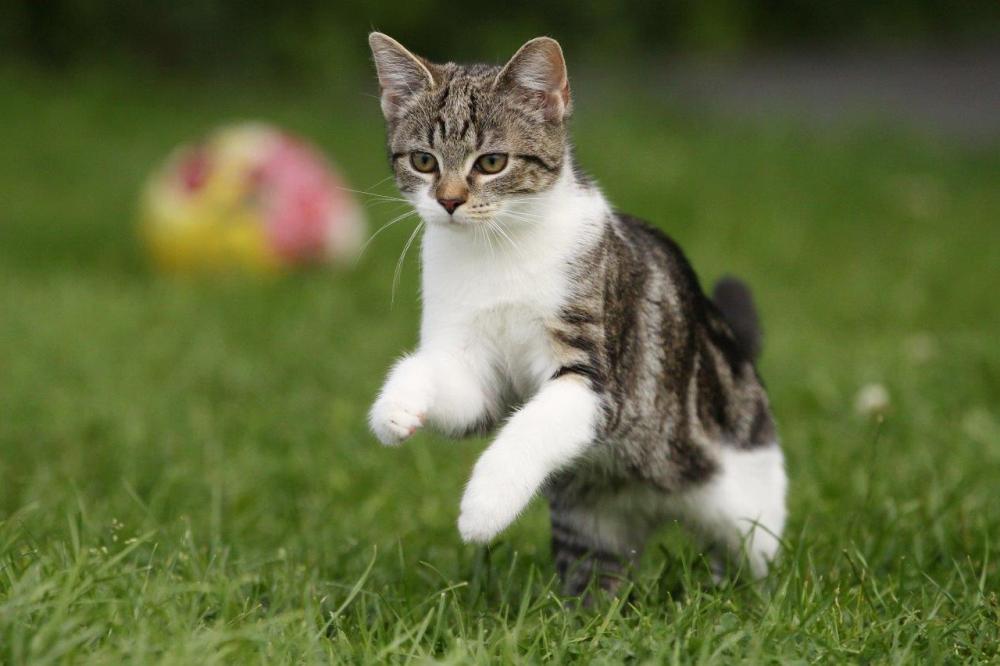
6. Forget the colour
Black and white photos have an entirely different feel to them. Textures and detail can be more defined and, without colour, there can be fewer distractions to pull the viewer’s eye away from the subject. Also, if the scene’s lighting is less than ideal, shooting in black and white can lead to far better results. Of course, you can always shoot in colour and edit the photos later to become black and white.
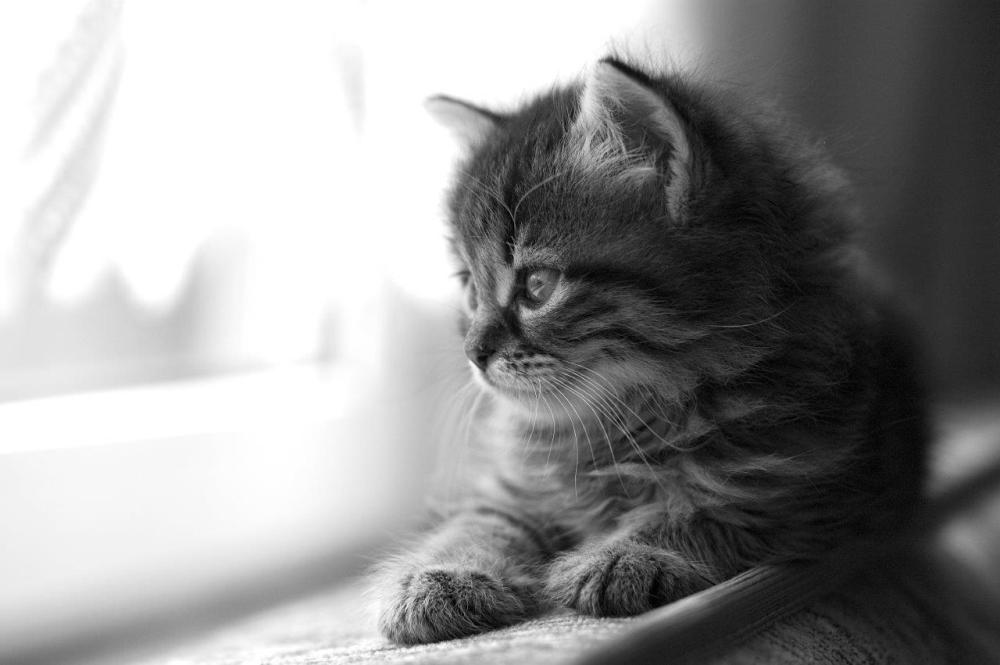
7. Lighting should be au naturel
Whenever possible, use natural lighting when photographing cats. Using your camera’s flash can not only generate unwanted, harsh shadows, it can also result in the animal equivalent of red eye – often blue, green, pink, or yellow eyes. If you must use a flash, shoot from an angle to help avoid this problem.
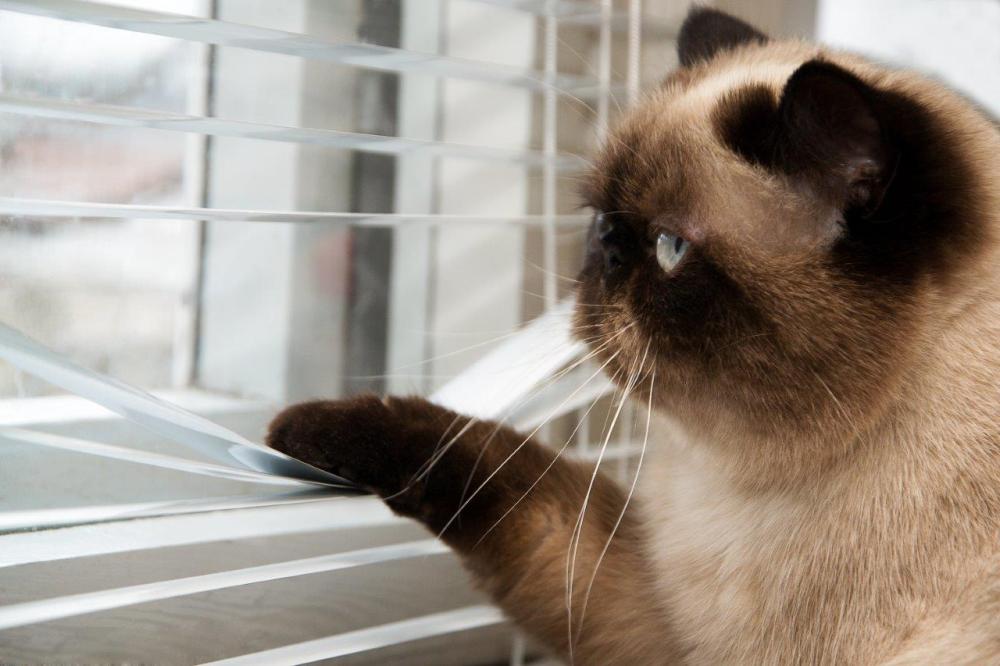
8. Play by the rules
Following the Rule of Thirds when composing your cat photos can help add interest to your images. This photo is great because in addition to using the Rule of Thirds, it is also shot using natural light and includes some interesting lines.
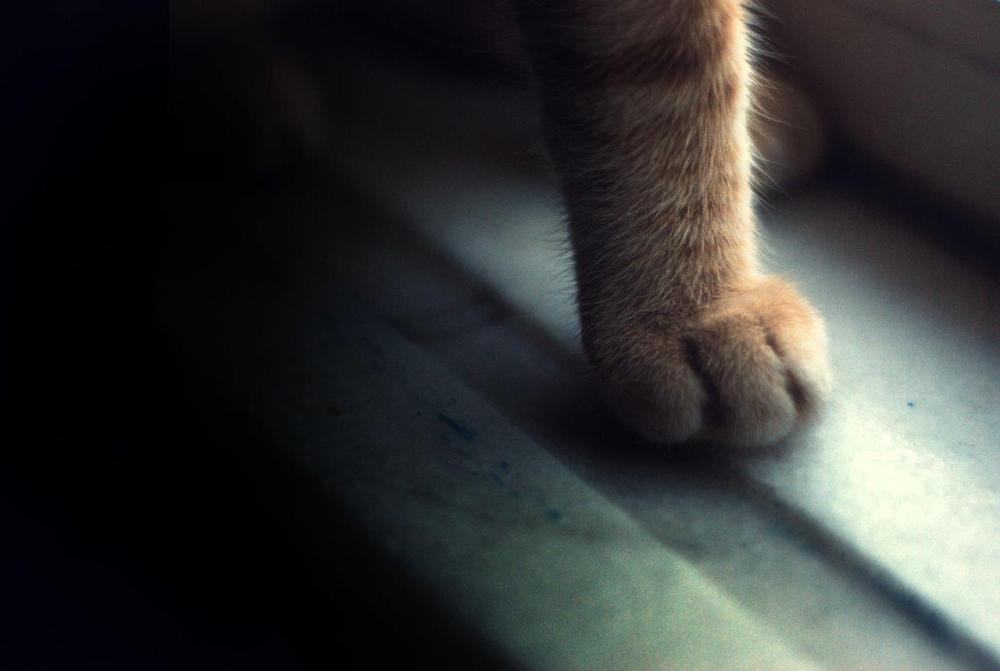
9. Experiment with the depth of field
Adjusting your camera’s aperture settings will alter the photo’s depth of field. A wide aperture setting – indicated by a small f-stop number – will create photos that have a shallow depth of field (the background will be out of focus). Alternatively, you can experiment with your camera’s scene modes. For example, the Landscape mode on a digital camera will produce images with a large depth of field, whereas the Portrait mode will create photos with a shallow depth of field.
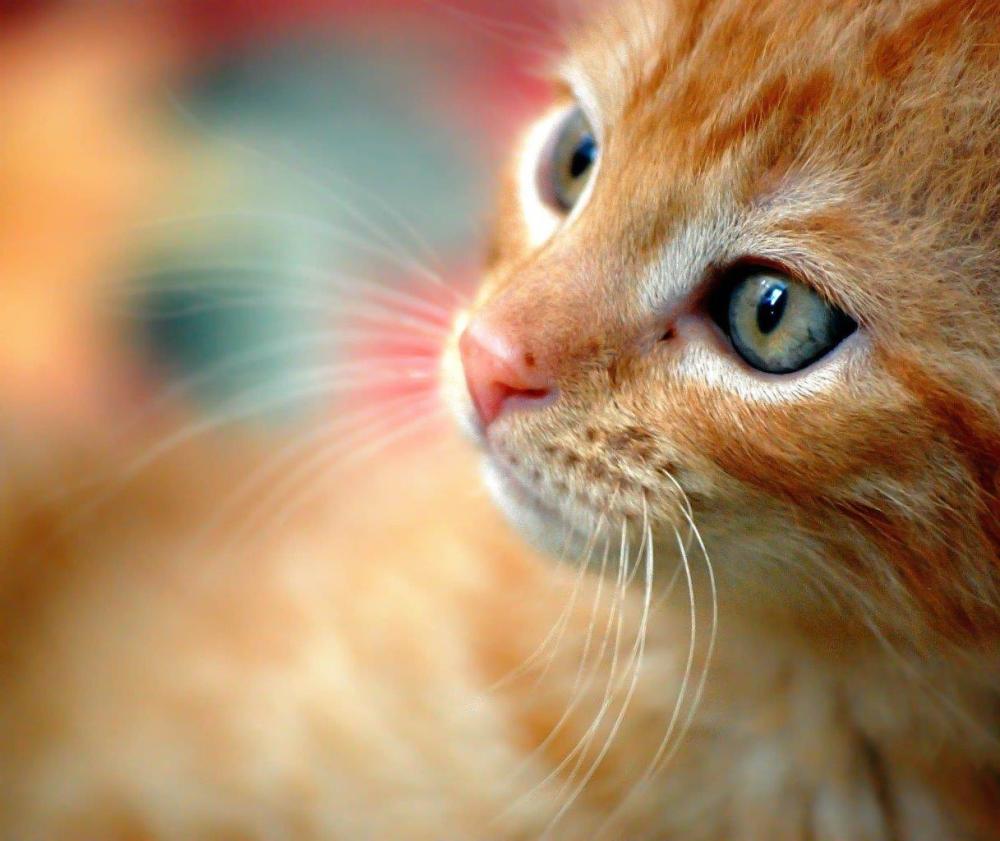
10. When all else fails, use your words
Okay, so not everyone is a natural born photographer and some people, no matter how hard they try, cannot seem to capture a decent photo. You can attempt to add interest to an otherwise dull cat photo by using photo editing software to add humorous or witty comments.
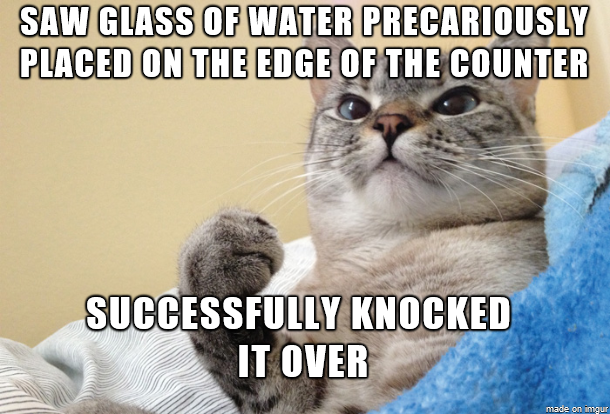
Top 10 Cat Photography Tips
To summarize, in order for you to capture photos of cats that are so great you’ll want to, oh, I don’t know, have them made into Posterjack Canvas Prints or Gallery Boxes:
- Fill your frame to eliminate a distracting background.
- Shoot from a different angle to add interest to your photo.
- Capture various features of your cat, not just their face.
- Include their personality in your photos.
- Capture great action shots by adjusting your shutter speed or using your camera’s Sports or Action mode.
- Create black and white photos to emphasize texture and detail, and to eliminate distractions.
- Use natural lighting whenever possible to reduce unwanted shadows and red eye.
- Follow the Rule of Thirds to add interest.
- Experiment with depth of field to help the viewer focus on the main subject.
- Add interest to an otherwise dull cat photo by editing to include witty text.
Hey Posterjack fans, which cat photo from this gallery is your favourite and why? Leave a comment to let us know!
